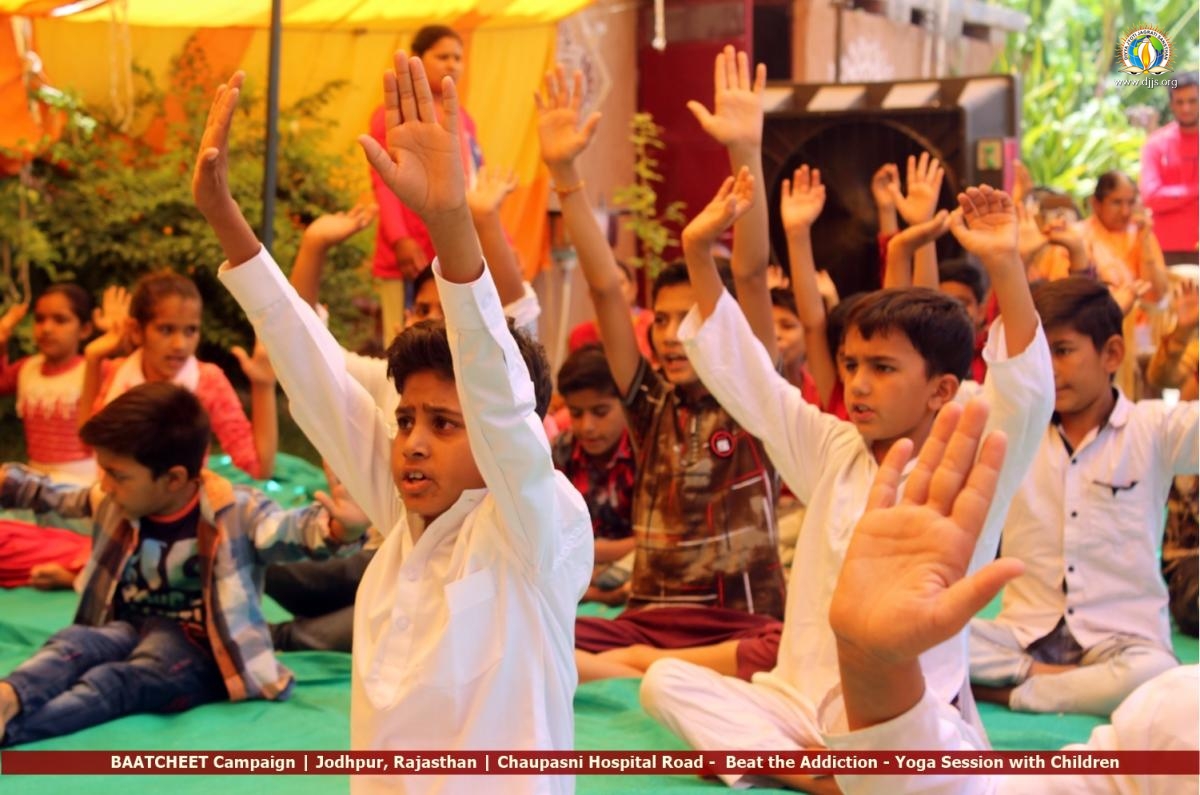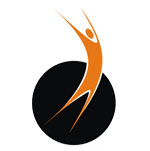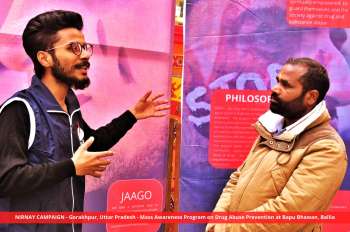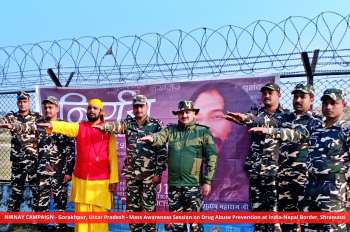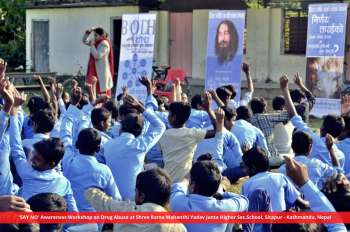Rajasthan, popularly known for its tradition and art in the world, is now known by another title “state with fumes of drugs”, reason being the fast growing number of addicts in it.
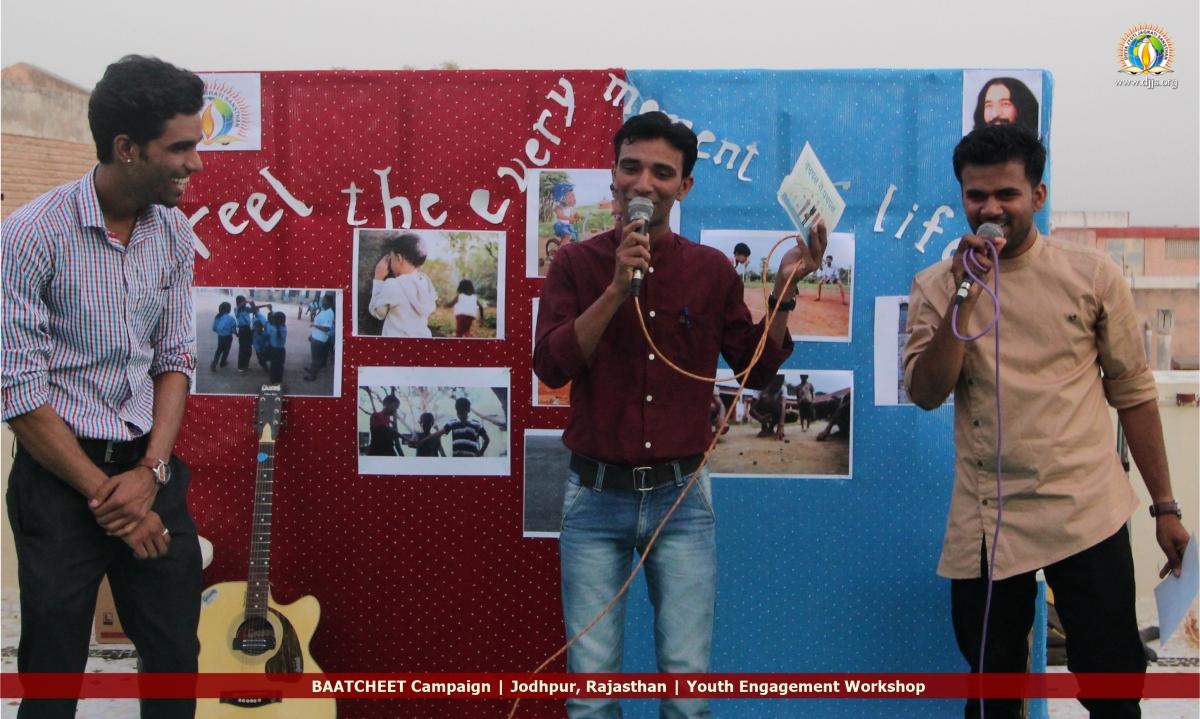
Sharing its borders with Afghanistan - the largest producer of heroine, Pakistan - the largest exporter of drugs and Punjab the first transit point of drugs in India, further, raises the vulnerability of the state, to the maximum. Recent example is when the legitimate cultivation of opium in pratapgarh, Udaipur, Chittorgarh and Bhilwada was banned leading to addicts heavily relying on supplies from Pakistan through Punjab or smuggled directly into Rajasthan due to porous international border.

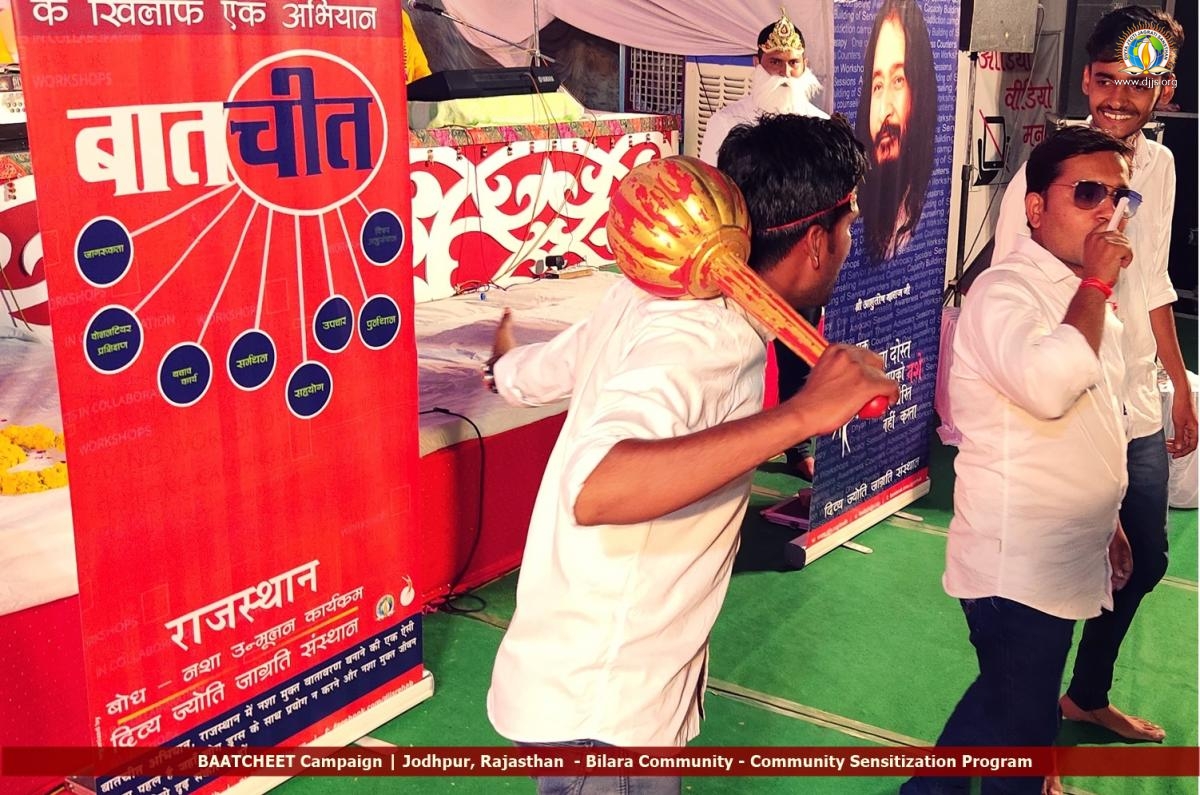
According to the comments and studies conducted, easy availability of natural and synthetic drugs, such as low literacy rate, low social economic status, busy life program, increasing stress, lack of correct information and awareness etc. makes the situation worst.
An estimated 15 per cent to 20 per cent of population in Rajasthan, primarily in rural areas, has been involved in substance abuse. An estimated 60 per cent to 70 per cent of drug addicts in Rajasthan consume opium. However, at places, due to decrease in opium’s availability, the use of heroin, considered highly addictive, injectable drugs, syrups and even tablets have seen a marked rise.
Large consignments of drugs in the form of tablets such as Alprazone, Proxyvon and syrups such as Rexcof cough syrup sneak into Sri Ganganagar and Hanumangarh illegally, with alarming regularity.
As per police sources, these pills or sedatives are also surreptitiously sold at chemist shops without prescription.
Therefore, in order to break this incessant cycle of demand and supply and to bridge the gap between awareness required and awareness available, BODH the Drug Abuse Eradication Program of Divya Jyoti Jagrati Sansthan is continuously working in the urban, semi urban, rural and semi-rural areas of the state.
Collectively these endeavours of the organization is given a title “BAATCHEET CAMPAIGN” which means to bring the knowledge about ill effects of drug abuse to every nook and corner so much so that it becomes a talk ‘Baatcheet” of the state where people can take informed decision as lack of information is found to be the biggest reason of proliferation of drug abuse in the state especially amongst the youth population.
The Project is divided into four phases. The first phase includes Door to Door Surveys, Women Meetings (on how to deal with an addicted family member), meetings with Youth, Area Notables, Advocates, Doctors and other stakeholders in order to collect information on social and economic dynamics of the targeted areas. In the first phase following activities will be executed:
- Training of Trainers (TOT) workshops for conducting surveys
- Query solving Sessions
- Early documentation and developing survey strategy
- Door to door survey
- Youth Meetings
- Lane Meetings
- Regular Field Visits
- Meetings with Women
- Meetings with community notables
In the second phase of the campaign, study on the material and data collected in the first stage will lay a foundation. The information collected in the first phase will be included in the second phase. Based on the observations and local dynamics following activities and layouts will be planned.
- Analysis of the Data Surveyed.
- Incorporating the analysis in the plan laid
- Laying out the plan of action.
- Training of volunteers on the issue of drug abuse and its addiction.
- Development of awareness tools and IEC material.
In the third phase following activities will be conducted:
- Initial Mass Introductory Sessions in the Community
- Awareness Workshops at Educational Institutions.
- Group and Individual counselling sessions for drug users.
- Mass Awareness Programs in communities.
- Awareness and Counselling sessions at Workplaces.
In the fourth phase, following activities will be
- Assessment of the work done.
- Report Development


